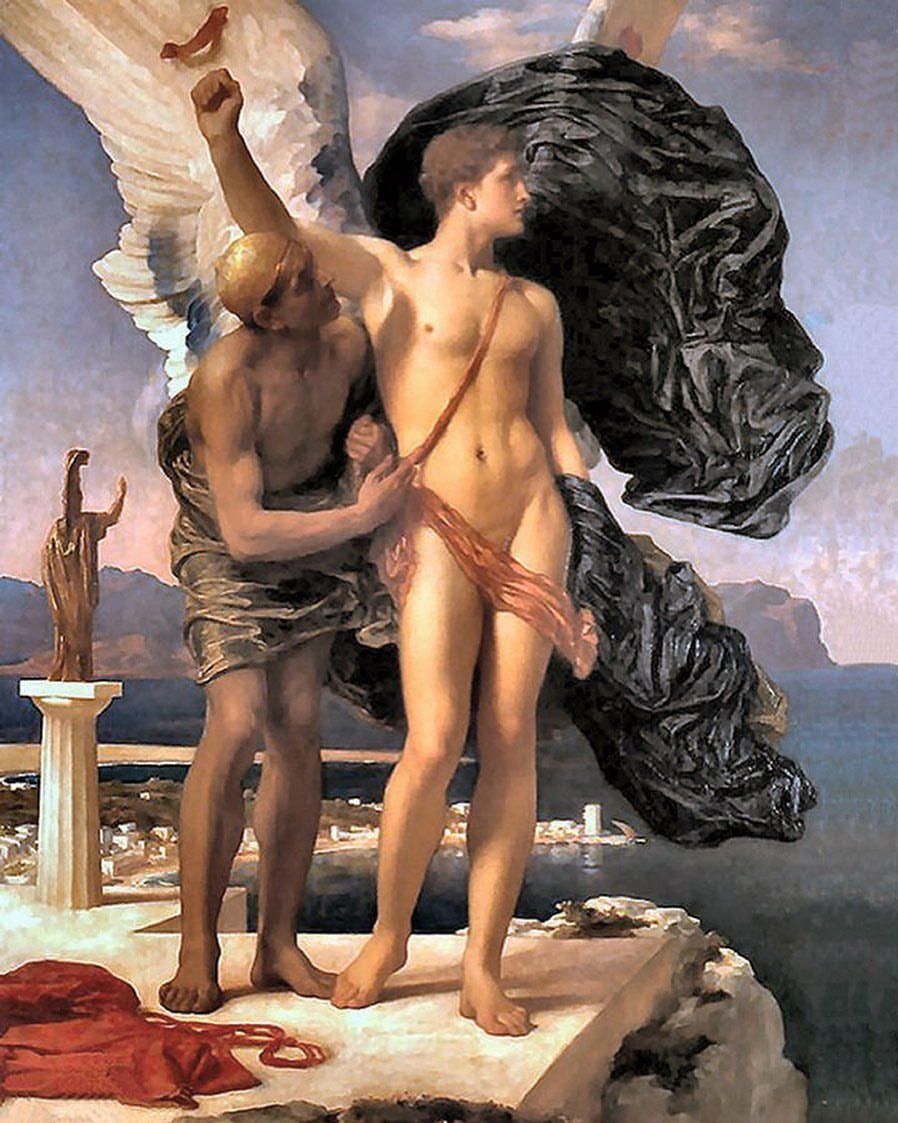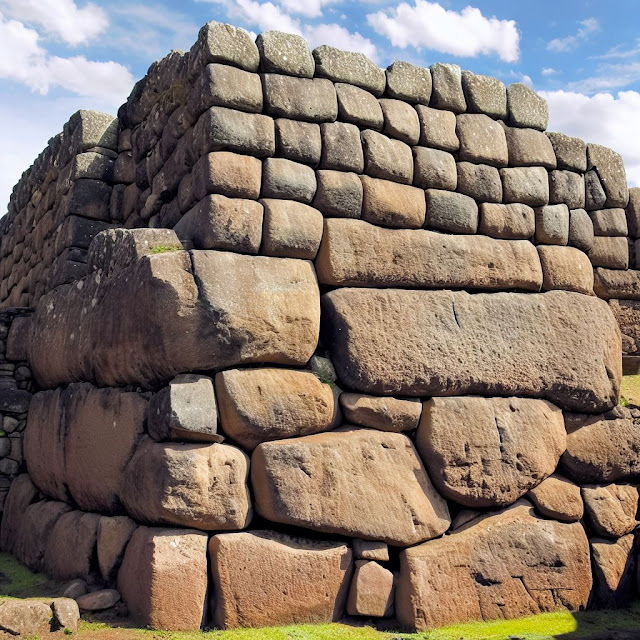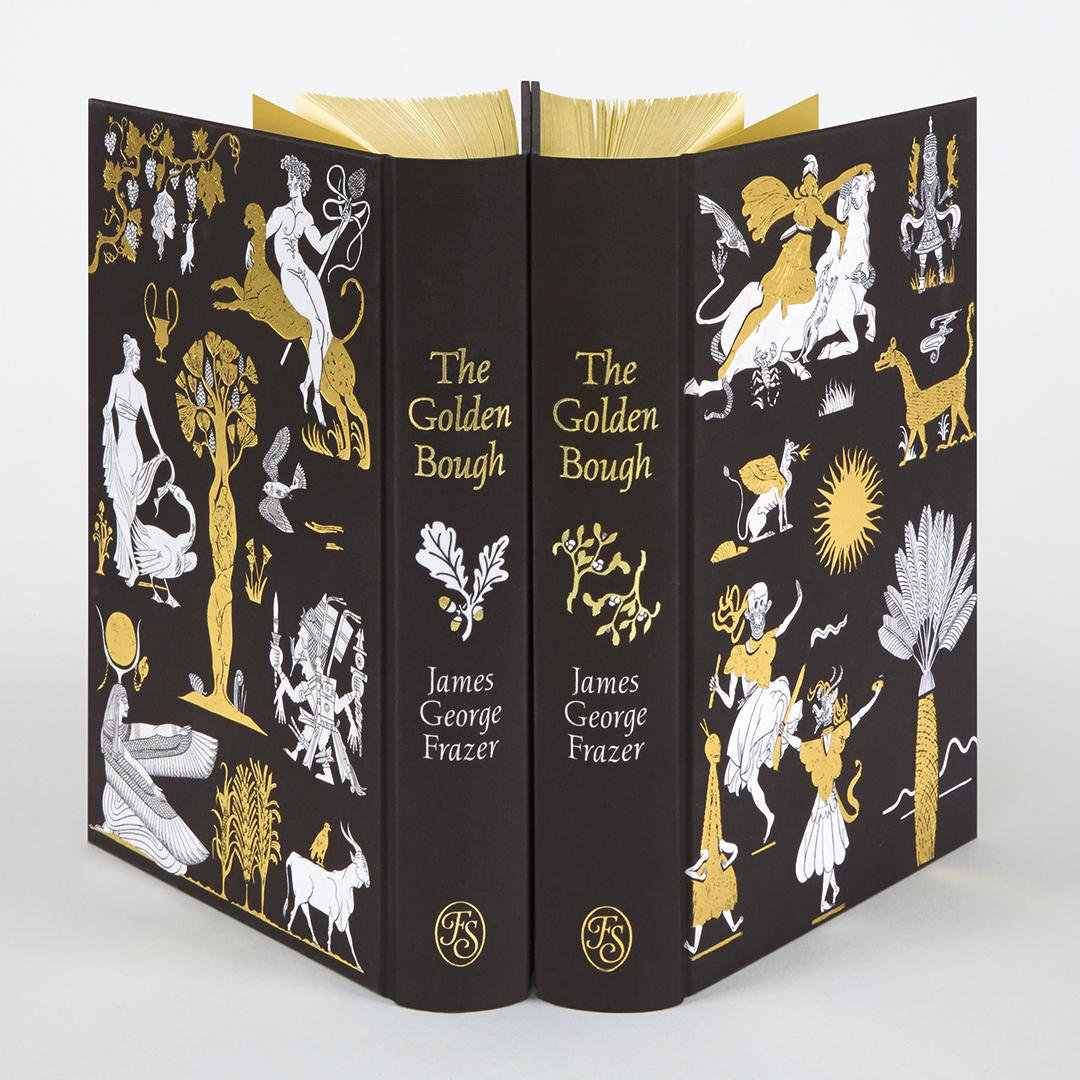Wall
China
Xi Huang Ti
Daniel
Luke 6:27
"But I say unto you which hear, Love your enemies, do good to them which hate you,"
"No sooner acquainted my brother, but he immediately wanted to propose it"~~~Fielding
Chess: "Wall" "China" "Xi Huang Ti" "Daniel"
LA MURALLA Y LOS LIBROS
Jorge Luis Borges
*
Leí, días pasados, que el hombre que ordenó la edificación de la casi infinita
muralla china fue aquel primer emperador, Shih Huang Ti, que asimismo dispuso
que se quemaran todos los libros anteriores a él. Que las dos vastas operaciones –
las quinientas a seiscientas leguas de piedra opuestas a los bárbaros, la rigurosa
abolición de la historia, es decir del pasado– procedieran de una persona y fueran
de algún modo sus atributos, inexplicablemente me satisfizo y, a la vez, me
inquietó.
Indagar las razones de esa emoción es el fin de esta nota. Históricamente, no hay
misterio en las dos medidas. Contemporáneo de las guerras de Aníbal, Shih Huang
Ti, rey de Tsin, redujo a su poder los Seis Reinos y borró el sistema feudal: erigió la
muralla, porque las murallas eran defensas; quemó los libros, porque la oposición
los invocaba para alabar a los antiguos emperadores.
Quemar libros y erigir fortificaciones es tarea común de los príncipes; lo único
singular en Shih Huang Ti fue la escala en que obró. Así lo dejan entender algunos
sinólogos, pero yo siento que los hechos que he referido son algo más que una
exageración o una hipérbole de disposiciones triviales.
Cercar un huerto o un jardín es común; no, cercar un imperio.
Tampoco es baladí pretender que la más tradicional de las razas renuncie a la
memoria de su pasado, mítico o verdadero. Tres mil años de cronología tenían los
chinos (y en esos años, el Emperador Amarillo y Chuang Tzu y Confucio y Lao Tzu),
cuando Shih Huang Ti ordenó que la historia comenzara con él.
Shih Huang Ti había desterrado a su madre por libertina; en su dura justicia, los
ortodoxos no vieron otra cosa que una impiedad; Shih Huang Ti, tal vez, quiso
borrar los libros canónigos porque éstos lo acusaban; Shih Huang Ti, tal vez, quiso
abolir todo el pasado para abolir un solo recuerdo; la infamia de su madre. (No de
otra suerte un rey, en Judea, hizo matar a todos los niños para matar a uno.)
Esta conjetura es atendible, pero nada nos dice de la muralla, de la segunda cara
del mito. Shih Huang Ti, según los historiadores, prohibió que se mencionara la
muerte y buscó el elixir de la inmortalidad y se recluyó en un palacio figurativo, que
constaba de tantas habitaciones como hay días en el año; estos datos sugieren que
la muralla en el espacio y el incendio en el tiempo fueron barreras mágicas
destinadas a detener la muerte.
* * *
Todas las cosas quieren persistir en su ser, ha escrito Baruch Spinoza; quizá el
Emperador y sus magos creyeron que la inmortalidad es intrínseca y que la
corrupción no puede entrar en un orbe cerrado.
Quizá el Emperador quiso recrear el principio del tiempo y se llamó Primero, para
ser realmente primero, y se llamó Huang Ti, para ser de algún modo Huang Ti, el
legendario emperador que inventó la escritura y la brújula.
Este, según el Libro de los ritos, dio su nombre verdadero a las cosas; parejamente
Shih Huang Ti se jactó, en inscripciones que perduran, de que todas las cosas, bajo
su imperio, tuvieran el nombre que les conviene.
Soñó fundar una dinastía inmortal; ordenó que sus herederos se llamaran Segundo
Emperador, Tercer Emperador, Cuarto Emperador, y así hasta lo infinito...
He hablado de un propósito mágico; también cabría suponer que erigir la muralla y
quemar los libros no fueron actos simultáneos.
Esto (según el orden que eligiéramos) nos daría la imagen de un rey que empezó
por destruir y luego se resignó a conservar, o la de un rey desengañado que
destruyó lo que antes defendía.
Ambas conjeturas son dramáticas, pero carecen, que yo sepa, de base histórica.
Herbert Allen Giles cuenta que quienes ocultaron libros fueron marcados con un
hierro candente y condenados a construir, hasta el día de su muerte, la desaforada
muralla.
Esta noticia favorece o tolera otra interpretación. Acaso la muralla fue una
metáfora, acaso Shih Huang Ti condenó a quienes adoraban el pasado a una obra
tan vasta como el pasado, tan torpe y tan inútil.
* * *
Acaso la muralla fue un desafío y Shih Huang Ti pensó: “Los hombres aman el
pasado y contra ese amor nada puedo, ni pueden mis verdugos, pero alguna vez
habrá un hombre que sienta como yo, y ése destruirá mi muralla, como yo he
destruido los libros, y ése borrará mi memoria y será mi sombra y mi espejo y no lo
sabrá”.
Acaso Shih Huang Ti amuralló el imperio porque sabía que éste era deleznable y
destruyó los libros por entender que eran libros sagrados, o sea libros que enseñan
lo que enseña el universo entero o la conciencia de cada hombre.
Acaso el incendio de las bibliotecas y la edificación de la muralla son operaciones
que de un modo secreto se anulan.
La muralla tenaz que en este momento, y en todos, proyecta sobre tierras que no
veré su sistema de sombras es la sombra de un César que ordenó que la más
reverente de las naciones quemara su pasado; es verosímil que la idea nos toque de
por sí, fuera de las conjeturas que permite. (Su virtud puede estar en la oposición
de construir y destruir, en enorme escala.)
Generalizando el caso anterior, podríamos inferir que todas las formas tienen su
virtud en sí mismas y no en un “contenido” conjetural.
Eso concordaría con la tesis de Benedetto Croce; ya Pater, en 1877, afirmó que
todas las artes aspiran a la condición de la música, que no es otra cosa que forma.
La música, los estados de la felicidad, la mitología, las caras trabajadas por el
tiempo, ciertos crepúsculos y ciertos lugares, quieren decirnos algo, o algo dijeron
que no hubiéramos debido perder, o están por decir algo; esta inminencia de una
revelación, que no se produce, es, quizá, el hecho estético































